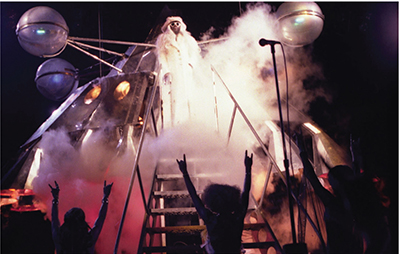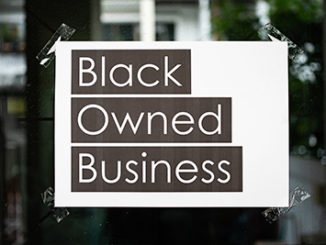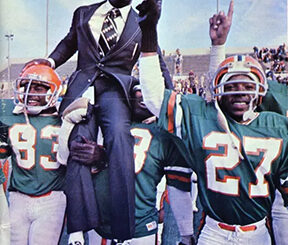
AGAINST THE GRAIN II
By Vaughn Wilson
June is an exciting time each year. It is recognized as Black Music Month. Blacks have created, written, played, performed, sang, and influenced all genres of music in one way or another. The natural rhythmic and improvisational nature of Blacks have evolved music culture and by designating a month to celebrate it is an admirable gesture.
What goes unrecognized often is how Black colleges furthered the musical experience of America. During the 1950s, 1960s and 1970s Black college campuses were the musical hubs of Black music. Without the access to the large venues that white musicians enjoyed there were basically only two options. The first option was to play the “Chitlin’ Circuit,” which was a string of small clubs owned by Blacks. Some were graduated barns that might be leaky if it was raining outside. There were limited amenities, but during the time where there weren’t many options, some of the top acts would frequent these venues as they were the social center of Black music culture.
The second option was much more amenable. HBCU campuses hosted some of the best shows during these decades. FAMU’s Jake Gaither Gym had a history of blockbuster concerts. During the time, it was not recognized for the legacy that was being created, but several artists that would end up in the Rock and Roll Hall of Fame would perform at Gaither Gym.
While the list is exponentially too large to recall, the list includes James Brown, the Manhattans, Rufus and Chaka Khan, The Drifters, Cannonball Adderley, and Angela Davis.
Probably the most notable of performances to sell out Gaither Gym was Parliament-Funkadelic. In 1978, one of the most iconic stage entrances to date was performed on Wahnish Way in Tallahassee. After a short intro of guitars, horns and keyboards, the famous “Mothership” landed from the rafters in Gaither Gym and George “Dr. Funkenstein” Clinton emerged. To see that famous ship today, you would have to go to the fourth floor of the Smithsonian National Museum of African American History and Culture in Washington, D.C.
During that time, there was not a comparable special effects entrance. Clinton, a huge fan of the science fiction series Star Trek, pushed for the prop to accompany their live shows. Several of Parliament-Funkadelic’s songs were written by Clinton and had intergalactic meaning and references. It was a unique trademark that enhanced the image of the amazing music that was being performed.
Clinton, in an interview in 2021 said that during this era, some of their biggest shows were at Black colleges. He recalled vivid memories of being on stage at the largest arenas on campus, but it was still lacking from what their white counterparts were performing in. However, he said there was a special connection with the audiences they were performing for on these Back campuses.
Some of the dates came during the height of civil unrest as Blacks fought to have equal rights as Americans. It was not uncommon to cross paths with the Rev. Jesse Jackson, Angela Davis, or Stokely Carmichael on some of these campuses. The direct connection to the youth of the times was an invaluable tool for the forward success of the Black artists who appeared at these HBCUs.
It is important to remember as we celebrate the greatness of Black Music Month and all who have ventured to Black college campuses that the school venues often provided an outlet for the greatest performers in the world to showcase their immeasurable talent.
Even after restrictions were lifted and artists and actors could perform anywhere in the world, they continue to this day to gravitate to HBCU Campuses. Notorious BIG, Puffy Combs, Monica, Tiffany Haddish, DJ Khaled, Luther “Uncle Luke” Campbell and others have all performed on FAMU’s campus. They all agree that they feel like they are home in front of crowds at HBCUs.





Be the first to comment